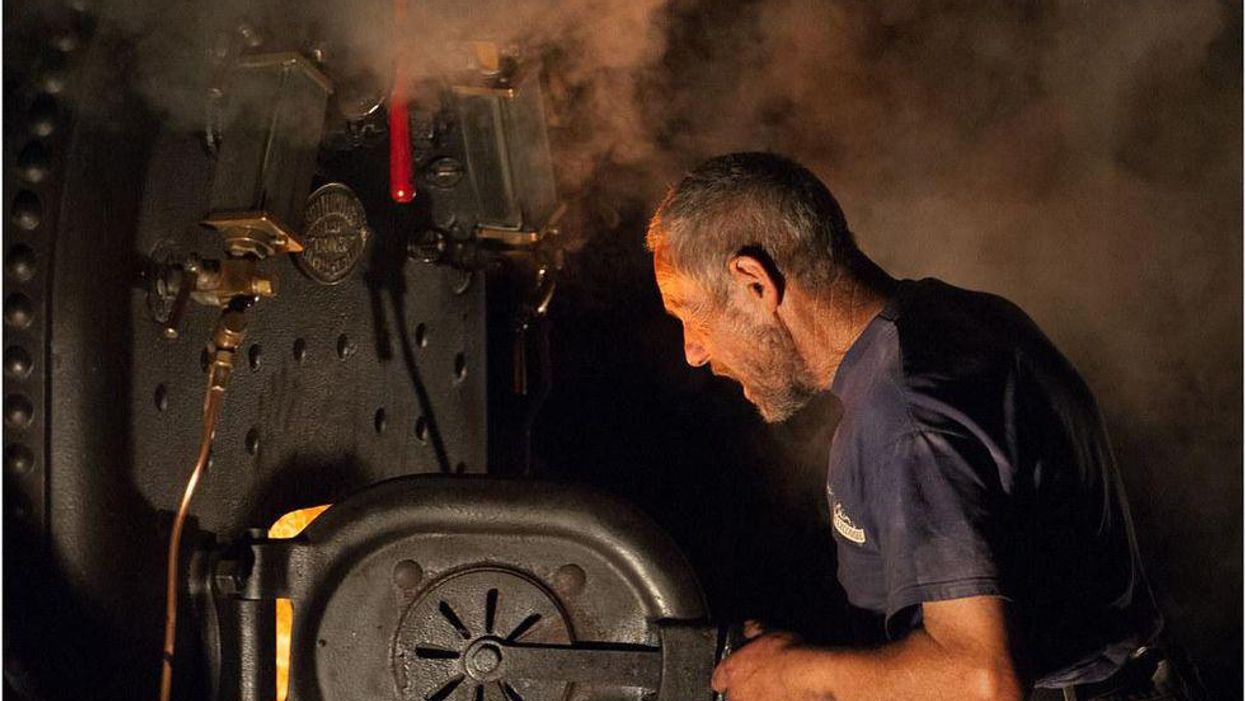Can Exhausted Americans Make The Most Of The 'Great Resignation'?
Amazing to read that over 4 million Americans quit their jobs in September — part of a mass labor pullout being called the Great Resignation. The social and economic chaos unleashed by COVID-19 has apparently jumbled pre-pandemic assumptions.
Many of the job leavers have used the downtime time to re-imagine what they want out of life and are concluding that "work no longer fits into that picture," Barron's reports.
Where is this going? The answer depends on what the resignees did before they terminated their employment. Most probably don't plan to permanently erase paid work from their future but rather to take some personal time off. Best situated for trying out leisure are those who kept their paychecks during the shutdowns.
Others working the front lines may be quitting out of exhaustion. We speak of health care professionals burdened with treating thousands of dying patients. Or retail workers forced to confront mentally unbalanced shoppers throwing tantrums over mask mandates.
Same goes for flight attendants who had do deal with nasty, crazy passengers. Those who stayed on the job deserve a medal for valor, but it's understandable that some of their colleagues turned in their wings.
After a rest, many of these burnout cases may drift back into the work world. Some may have seen the labor shortage reducing the risk of temporary unemployment. They figured they could always get a job when the money runs out.
It's true that many of us learned how to make do with less. But making do with less is not the same as living on nothing. And Americans in general have not exhibited a genius for financial planning.
About 51% have less than three months of emergency savings, according to the website Bankrate. For those with only three months' worth who quit in September, the clock runs out in December.
Some Americans are reportedly moving their retirement up a few years. As for those we hear about with plans to retire at the tender age of 55, one must ask: Who the heck are they? Heirs? Lucky techies? Survivalists?
These child retirees may lack the assets usually prescribed for breadwinners choosing a standard retirement age. After all, a couple leaving the work force at 65 may need $300,000 just to cover health care expenses, Fidelity estimates.
A retirement adviser revealed to Barron's what he has to tell some clients seeking an early exit: "This isn't going to work out unless you're not planning on living past 75." With life spans growing, he cautions people even in their late 60s to amass enough savings to last 30 years.
This is not to dismiss the value of using the Great Resignation to reassess one's priorities. Many of us experienced the sweetness of more time at home with self-cooked meals, simple wardrobes and no commute.
But work is in the American DNA. An Italian friend once asked me why the Rockefellers work. I responded that in our culture, people find dignity in work.
In 1883, Theodore Roosevelt abandoned his soft life in New York to do brutal ranch work in the North Dakota badlands. "Far and away the best prize that life offers is the chance to work hard at work worth doing," he said, not surprisingly.
Also, having a place outside the home to socialize, such as an office, has psychological benefits. A way to stay moored to others, it wards off loneliness, which can lead to anxiety and depression.
But Americans need the money, too — even if not as much as they thought before. The proceeds from a job that doesn't crush the soul plus a better handle on spending could be the lovely flower that grows out of the Great Resignation.
Follow Froma Harrop on Twitter @FromaHarrop. She can be reached at fharrop@gmail.com. To find out more about Froma Harrop and read features by other Creators writers and cartoonists, visit the Creators webpage at www.creators.com.









